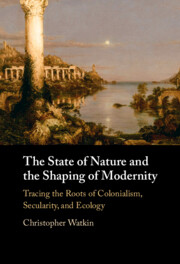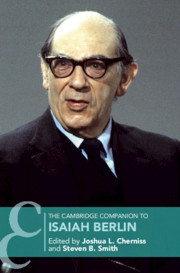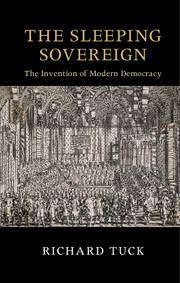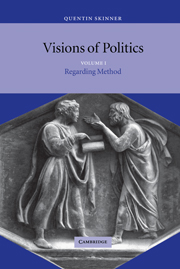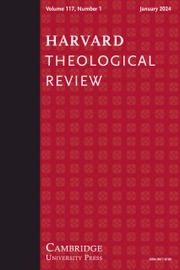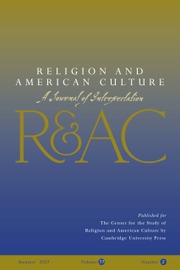The State of Nature and the Shaping of Modernity
The state of nature is a powerful idea at the heart of the fragmented and sometimes conflicting stories the modern West tells about itself. It also makes sense of foundational Western commitments to equality and accumulation, freedom and property, universality and the individual. By exploring the social and cultural imaginaries that emerge from the distinct and often contradictory accounts of the state of nature in the writing of Hobbes, Locke and Rousseau, The State of Nature and the Shaping of Modernity offers a fresh perspective on some of the most pressing debates of our time, showing how the state of nature idea provides a powerful lens through which to focus the complex forces shaping today's political and cultural landscape. It also explores how ideas about human nature and origins drive today's debates about colonialism, secularism, and the environment, and how they can shed new light on some of society's most heated debates.
- Provides a framework for understanding modern Western colonial, secular and ecological imaginaries through the state of nature motif
- Offers the most comprehensive account to date of the different meanings and aspects of the state of nature
- Gives a theoretically rich account of the state of nature, in conversation with modern and contemporary European philosophers
Product details
No date availableHardback
9781009670463
379 pages
229 × 152 mm
Table of Contents
- Introduction: the state of nature we're in
- Part I. Making Sense of the State of Nature:
- 1. What is the state of nature?
- 2. The imaginary worlds of the state of nature
- 3. The theoretical figures of the state of nature
- Part II. Making Sense Through the State of Nature:
- 4. Colonial imaginaries of the state of nature
- 5. Secular imaginaries of the state of nature
- 6. Ecological imaginaries of the state of nature
- Conclusion: Making sense
- Bibliography.

